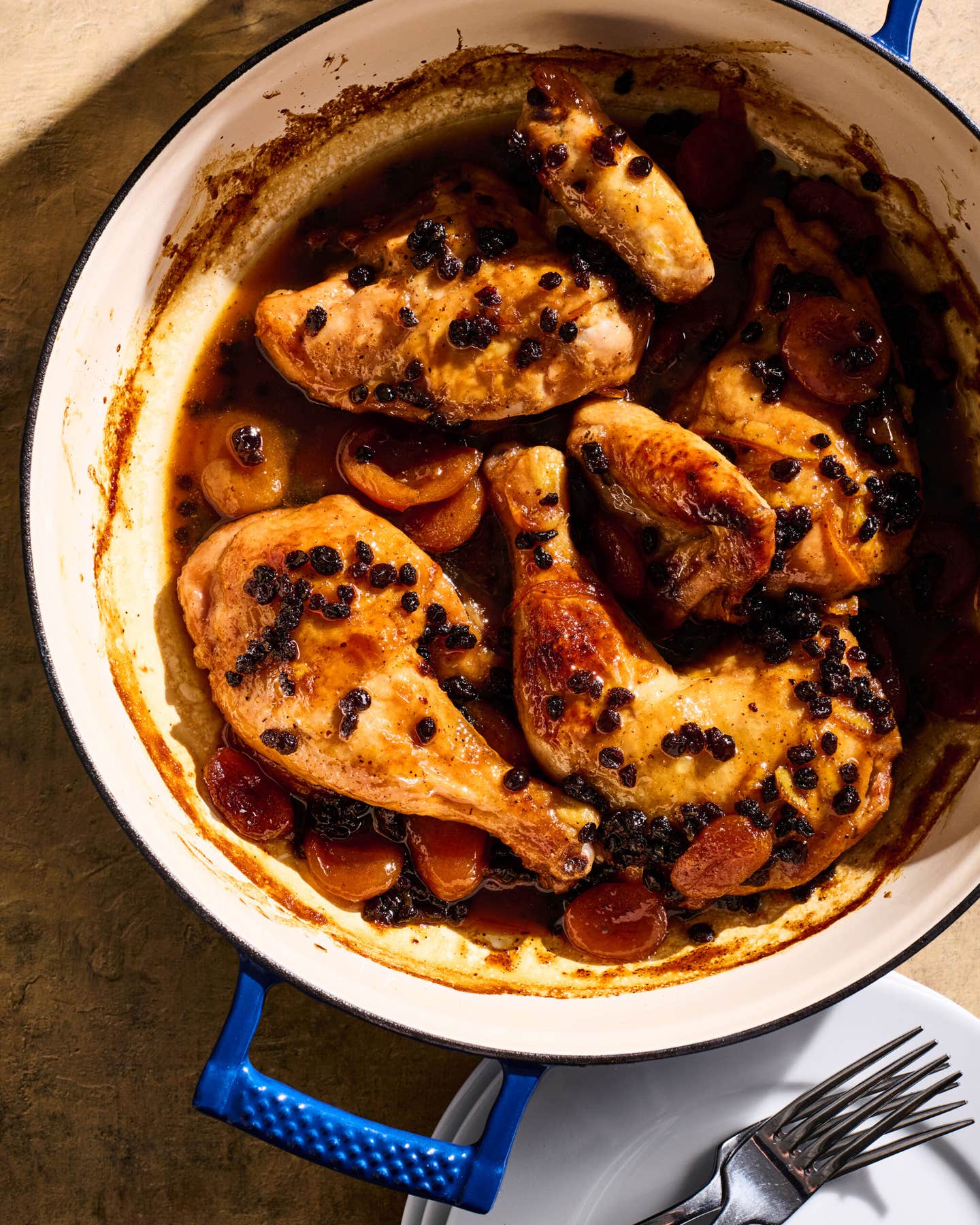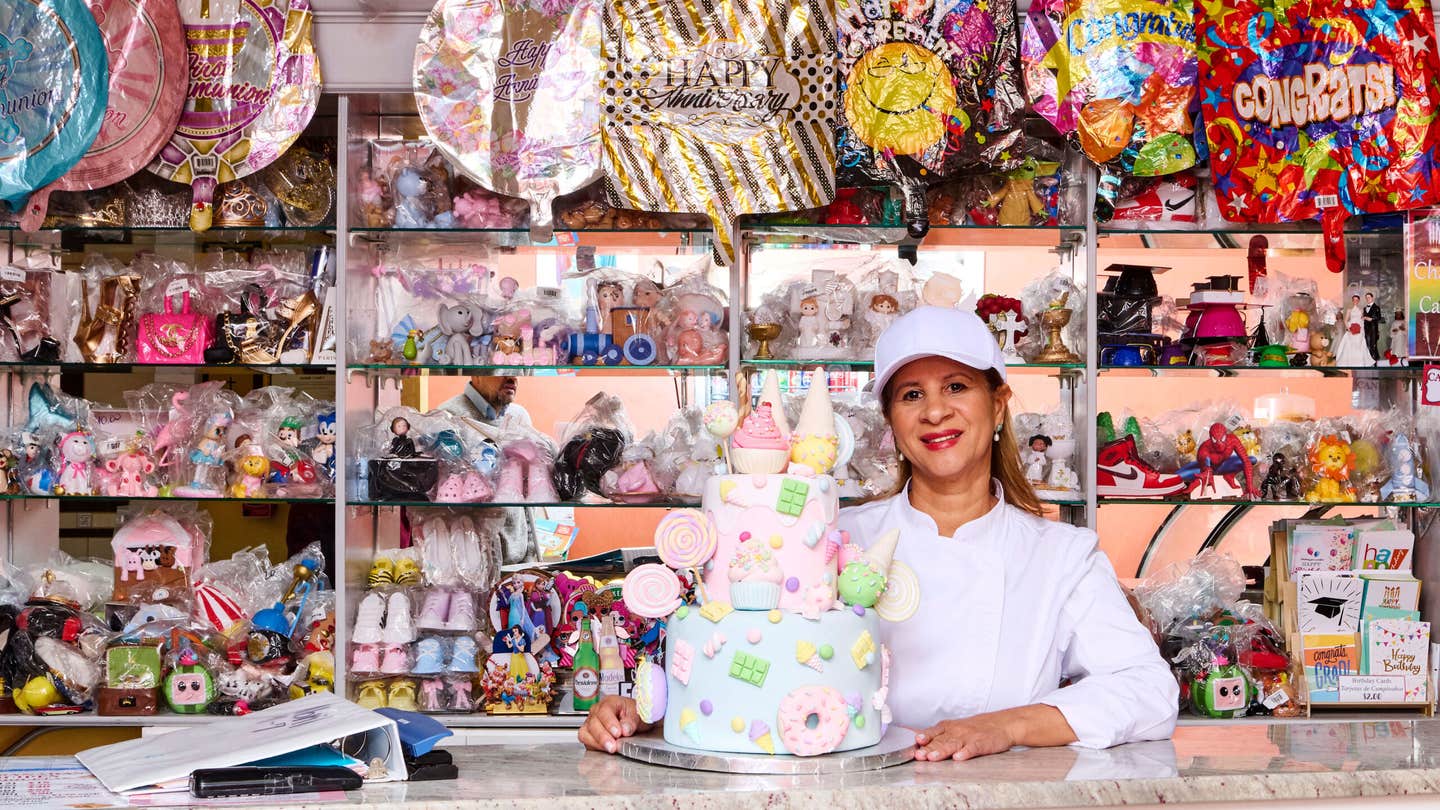
The Beekeeper’s Stew
Many years ago, while working on the very first issue of SAVEUR, we were fortunate enough to come across Jacques Piegay, a beekeeper in the town of Esparron, about five miles southwest of Greoux-les-Bains. Well-known locally for his excellent honey, which he began producing after retiring from being a mountain guide in the Alps, we heard he also enjoyed quite a reputation, too, for his version of daube—the long-cooked Provençal stew found throughout the South of France.
When we asked him for his recipe, he demurred at first, saying that what he did was just what any cookbook would tell you to do. But then he elaborated: "The important thing," he told us, "is to start with good, fresh game, chamois if you're lucky, or deer, or wild boar, or hare. Wild duck would work, but it makes a better salmis than daube. Then you need a good, full-bodied wine to marinate it in. It doesn't matter what kind of wine, so long as it's strong. There are hundreds of wines in France that would do, but you have a lot of good California wines that would be just fine. Then I like to add the zests of some thin-skinned oranges. Then I add a good bit of cognac. And lots of vegetables. Lots of onions, carrots, and garlic, chives, cloves, thyme. I add everything. That's all there is to it. The one thing I ask is that, when you're eating your daube, you think of me."
Keep Reading
Continue to Next Story










